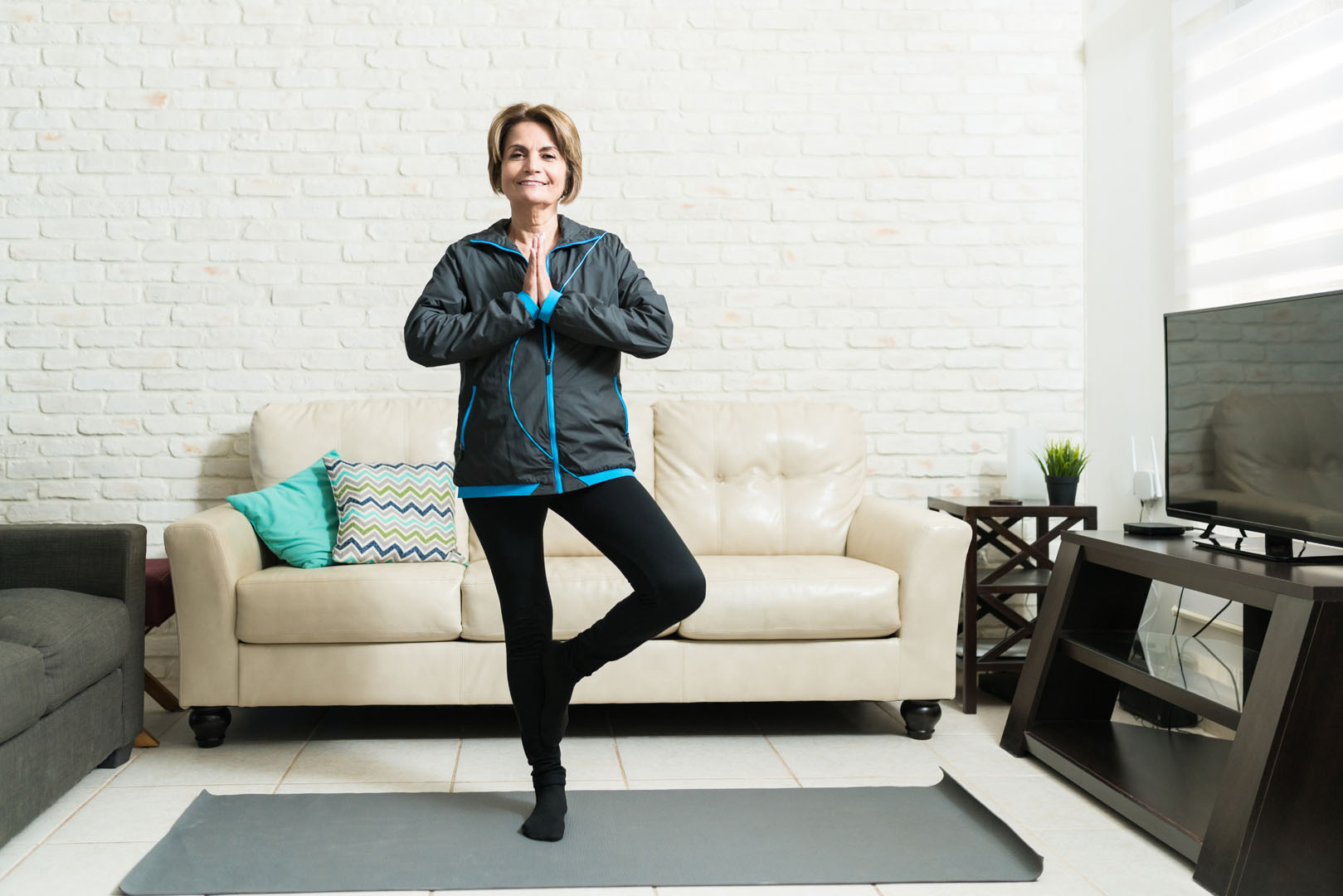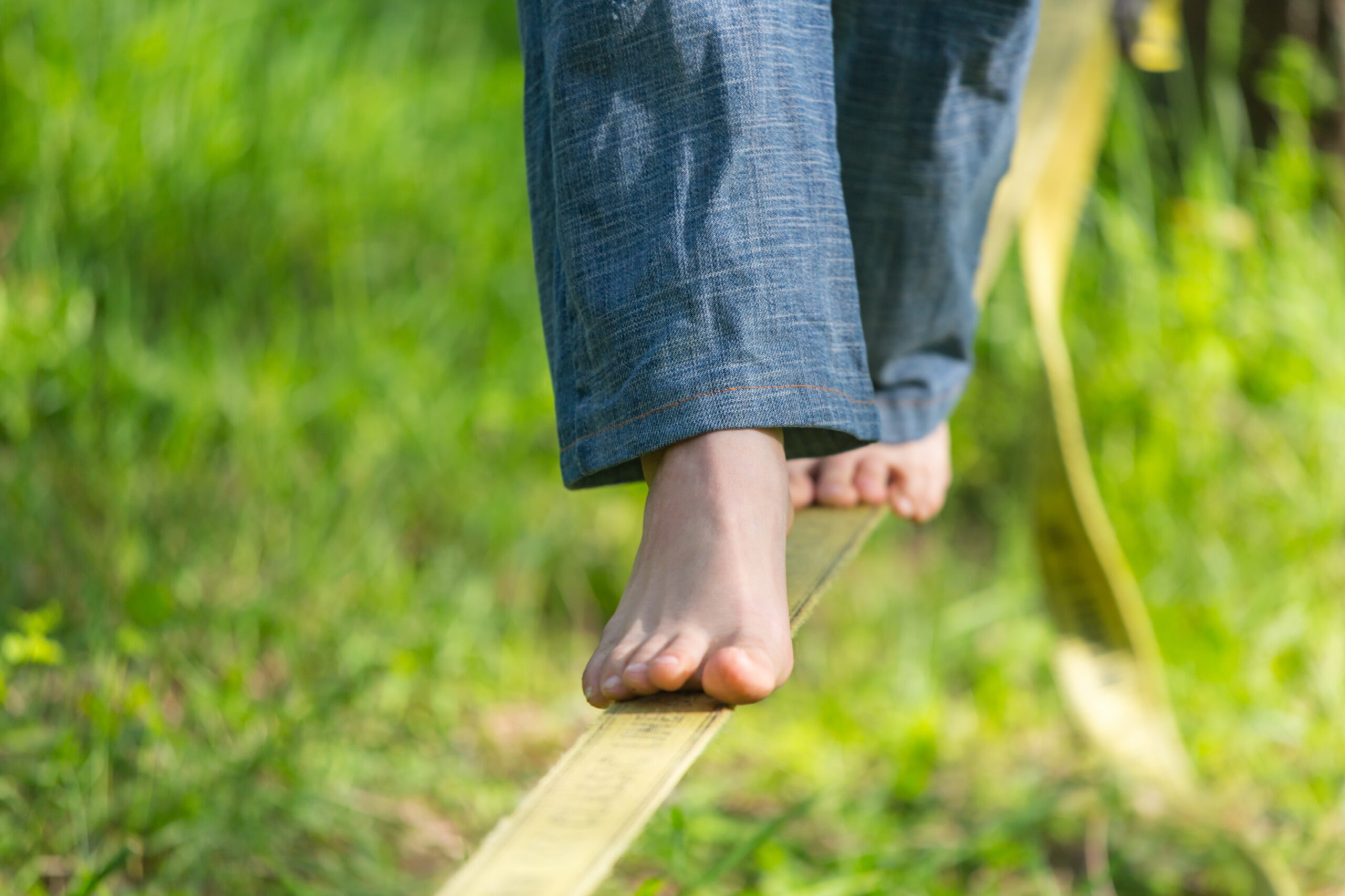Hi, my friends! We are going to talk about 6 ways that you can improve your sleep, and what to do if you can’t sleep. I have struggled with finding healthy sleep patterns and the things that I share in this post are from my own experience and are the things that work the best for me. My sleep is definitely better when I do these things, and I am confident that they can help you develop better sleep too. So, let’s get into it.
1) Stick to a sleep schedule
Try to get to bed at about the same time every day. Work to keep your weeknight and your weekend schedule within an hour of each other. Consistency is key. Having a regular sleep schedule will reinforce your body’s “sleep and wake schedule.
2) Pay attention to what you eat and drink
Don’t go to bed either hungry or full. Avoid eating heavy or large meals within a couple of hours of bedtime.
My husband is a late night snacker. I used to never eat late at night or too close to bed time, but his behavior has influenced me and I started eating later and later… This messes with my sleep – and his too- he just doesn’t realize it… He has also trained our youngest child to get a snack every night before bed which has led to a whole host of problems. The child in question often doesn’t eat dinner if she doesn’t like what is being offered. I am looking at you green vegetables- I mean why would she bother?! She can just get a snack later. She also gets to stay up late every night because whenever we say “bedtime” she says, “I’m hungry.” She does not want to go to bed with a hungry tummy regardless of what time it is. This has led to staying up late for her and us as parents. This is not good and is a problem we are working on currently. The important message here is “DON”T SNACK LATE AT NIGHT!”
Also be careful with coffee, nicotine, and alcohol at night. Coffee and nicotine can take a while to wear off, and while alcohol may initially make it easier to fall asleep it can cause sleep disruptions later on in the night.
3) Create a restful environment
Being exposed to light can make falling asleep difficult. Set your bedroom up so that it is between 60 to 75 degrees. You want your bedroom to feel cool, but not cold, and be dark and quiet.
Avoid screen time late at night. I struggle with this. My bed is comfy and I am often tempted to bring my work computer to my bed… or to look at a tablet or phone and just check Instagram one more time before I say good night… I sleep better when I unplug about a half an hour before I try to go to sleep though. Other ideas to create a restful environment include:
- Try and keep work and clutter out of your bedroom. Your bedroom is a sacred place. Do not bring things that add to your stress into your bedroom.
- Save your bedroom for sleep and sex- not your work computer and your cell phone or tablet with social media…this goes hand in hand with your bedroom being a sacred space.
- Establish a bedtime ritual. Maybe when you were a child you had a bath in the evenings prior to going to bed. This can be a wonderful way to relax and get ready for sleep as an adult too.
4) Limit day time naps
Taking a long nap can make it difficult to fall asleep at night. This is especially true the later you take a nap. Learn from the wisdom of your own body how long a nap is too long and maybe set an alarm to keep a nap from being too long. For me this often amounts to don’t take a nap. Other people take naps and are able to sleep at night, so listen to your body and experiment with what feels the best to you.
5) Get regular exercise
Aerobic exercise is good for your heart and it can help create better sleep, but should be practiced at least several hours before bedtime.
As a yoga teacher I have some thoughts about yoga and sleep. First, I want to share that Harvard Health reports that 55% of people who do yoga found that it helped them get better sleep. Also, 85% of people found that yoga helped them reduce stress which is actually our next thing to talk about after exercise because reducing stress also helps improve sleep.
Strong active yoga should be practiced at least several hours before bedtime. Gentle yoga such as hatha or restorative are wonderful styles of yoga to do shortly before bed. Gentle and restorative yoga offer the opportunity to practice mindfulness, which means letting go of self judgement. Mindfulness has been shown to increase melatonin levels which in turn reduces sleep disturbances. Couldn’t we all use a bit of melatonin that happens naturally before bed? I know I could.
Gentle and restorative yoga also offer breath regulation. Breath regulation is relaxing and can invite sleep. Breath work is helpful for inducing sleep even if you don’t choose to do a restorative or gentle practice before bed.
6) Manage your stress
Stress can make it difficult to sleep. I know that when I feel stressed my brain can be busy thinking and problem solving or worried with no solution in sight just yet… either way I don’t fall asleep well when I feel stressed. It is important to “resolve” your worries for the night. This may not mean that a problem is fixed, but rather that it is concluded for the night. You might try journaling and writing down what bothers you and then set it aside for the night. At this point doing some breath work and going through your night time sleep ritual.
I really hope these suggestions help you to improve your sleep like they do for me. Let me know in the comments if there is anything that you have found especially helpful for improving sleep.




